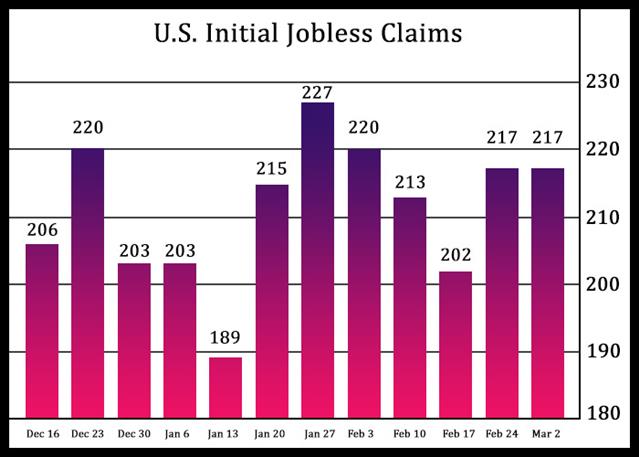
The World Health Organization states that colorectal cancer is the third most common cancer globally, accounting for about 10% of all cancer cases. Screening for colorectal cancer has consistently been shown to save lives by detecting the cancer early, which significantly improves treatment success rates.
Research indicates that approximately nine out of ten individuals diagnosed early and treated correctly are still alive five years after diagnosis. Early detection through screenings is crucial for survival, particularly for colorectal cancer, which is often asymptomatic until later stages.
Symptoms of colorectal cancer include changes in bowel habits, rectal bleeding, cramping, weakness, fatigue, and unintended weight loss.
Colorectal health begins with your primary care provider, who can refer you to a specialist for colonoscopies. A typical colonoscopy screening lasts around half an hour and is done under sedation. While sedated, the provider will use a scope to detect polyps or other abnormalities. If any concerning issues are found, a biopsy may be recommended.
Dr. Charbel mentioned, “If diagnosed with colorectal cancer, there are various treatment options available, including surgery, chemotherapy, radiation therapy, or a combination of these methods.”
In 2021, the U.S. Preventive Services Task Force lowered the routine screening age for colorectal cancer from 50 to 45 due to an increase in cases among younger adults. However, those at higher risk should consider starting screenings earlier.
Doctors emphasize the importance of colonoscopy screening for preventing colorectal cancer, especially for individuals with a family history of the disease. Those with a family history are at a higher risk and may need earlier screenings.
However, many younger individuals are being diagnosed with advanced cancer that could have been prevented with earlier detection. The reasons for this trend are unclear. Black and rural Americans have a higher likelihood of dying from colorectal cancer at any age due to delayed screenings.
Copyright © 2024, RTTNews.com, Inc. All Rights Reserved.















